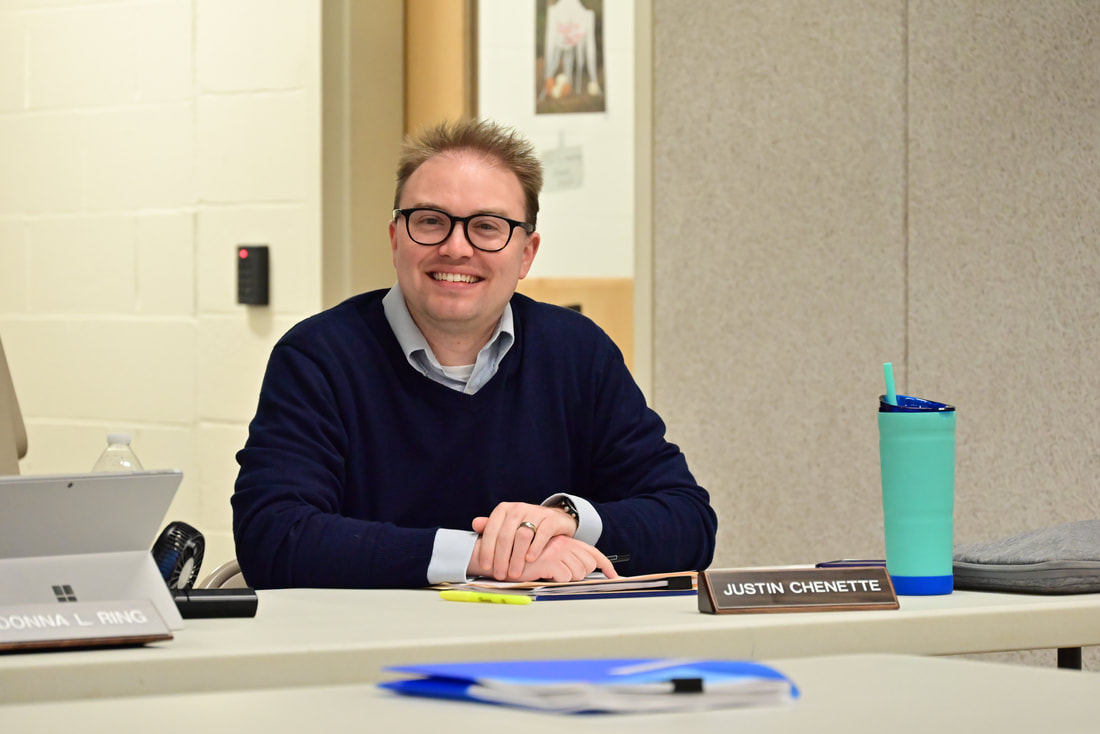|
Growing up I never thought it would be possible to get married. I always felt like that right wasn’t afforded to me as a citizen of this great country. When you are treated like a second class citizen as a young person, it has a profound impact on how you view the world around you. For me, I channeled my frustration into advocacy and action, fighting for marginalized communities without a voice. In college, I interned at Equality Maine, working on the eventual campaign that secured my own right to marry within our beautiful state. I saw first hand how you could change hearts and minds with one-on-one conversations at your neighbors’ doorstep. In 2012, my name was on the ballot for the first time alongside marriage equality. I remember on the campaign trail, I was asked frequently about my opinion about the referendum as I fought to secure a seat in the House of Representatives. It provided a unique opportunity for me to personalize the policy, personalize the politics. It wasn’t about some abstract belief. “Yes. I would like to get married one day,” was my constant refrain.
Everyone knows someone either in their own family, friend circle, in the workplace, or in the community that happens to have an identity or love differently than you. Over time, tolerance can turn into acceptance, and it’s in that environment where policy can follow public opinion, or at least that’s the hope. I thought we finally put this issue to bed and probably so did everyone else when marriage equality not only passed in Maine in 2012, but it became the law of the land after the Supreme Court decision in 2015. According to most polls, over 70% of Americans favor marriage equality. Americans believe love is love. If only someone could tell the Supreme Court that. It’s an odd feeling to have your marriage debated in Congress. While my husband and I were just minding our own business, going to work, volunteering with various causes, and serving the public, Congress passed the Respect for Marriage Act and President Biden signed it into law. It sent a clear message that my marriage is no different than anyone else’s, enshrining protections into federal law. This is a very important step, providing an insurance policy over the dignity of our marriage and placing some important safeguards to those of us just wanting to live our lives without the government dictating what relationships are deemed legitimate. I am thankful for the fact the political makeup of Congress has translated into providing some temporary relief to my marriage being at risk. This legislation is not a cure all and should not be the end of our advocacy. This new law will ensure states and the federal government must recognize valid marriages performed in places where it’s legal regardless of sexual orientation, national origin and race. If the Supreme Court overturns the Obergefell ruling, this new law won’t fully protect us. Marriage equality bans in 35 states would immediately go into effect and anyone living in those states would have to go to one of the other states that did legally allow marriage equality in order to get married. And don’t get me started on all the religious-freedom exemptions in this law that still allows someone’s personal beliefs to deny services to me and other LGBTQ Americans. We still need Congress to pass the Equality Act, a bill prohibiting discrimination based on sex, sexual orientation, and gender identity, ensuring basic freedoms and protections for every American in every state. Within my lifetime, I’ve seen Maine pass marriage equality at the ballot box, the Supreme Court make it the law of the land, and now Congress passing additional protections. Martin Luther King, Jr. was spot on when he said “the arc of the moral universe is long, but it bends toward justice.” While there is always more progress to be made and threats to these hard-fought wins are constantly being launched, we can take solace knowing there are leaders willing to stand up and do what is right over what is easy. Justin Chenette is the County Commissioner-Elect for Saco, Old Orchard Beach, Hollis, and Buxton. He also serves on the Maine Right to Know Advisory Committee, Age Friendly Saco board of directors, and is author of the children’s book The Great Whoopie Pie Debate: A Kids’ Guide to the Maine Legislature.
0 Comments
Leave a Reply. |
UpdatesCheck back here for the latest happenings with York County Government. Archives
July 2024
Categories |
york County Commissioner
Justin Chenette
District 3
Social media
PHONE
Site Created, Paid For, & Authorized by Justin Chenette

 RSS Feed
RSS Feed

